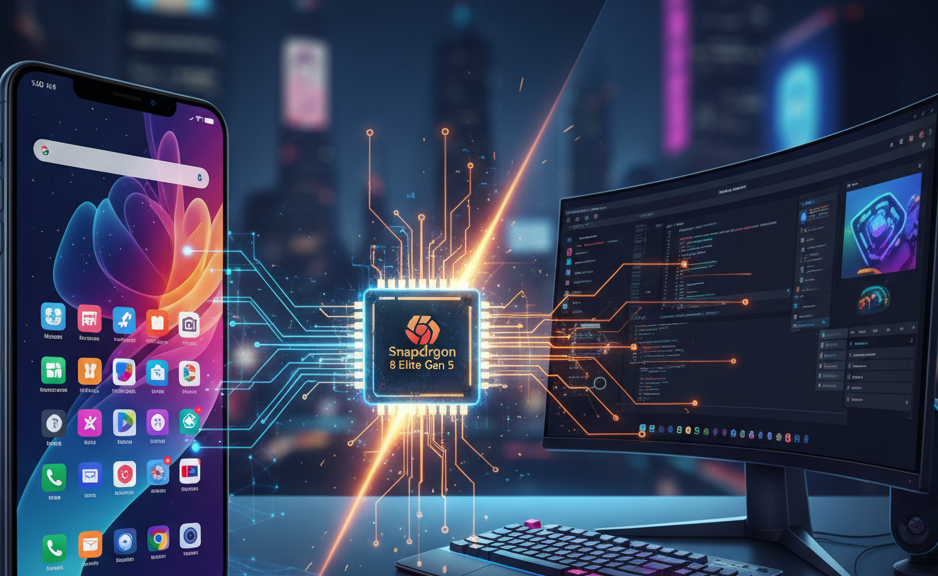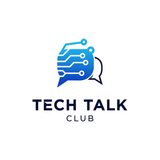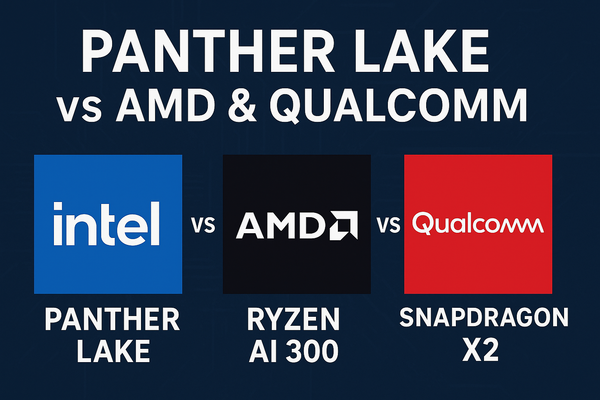The Great Convergence: When Your Phone Becomes Your PC

For years, our digital lives have been neatly compartmentalized. On one side, the powerful, versatile PC – a workhorse for productivity, creativity, and serious gaming. On the other, the ever-present smartphone – our window to the world, communication hub, and pocket-sized entertainment center. But what if these lines are not just blurring, but rapidly dissolving? Recent whispers from Google and Qualcomm suggest we're on the precipice of a monumental shift: the true convergence of PC and smartphone operating systems, and eventually, the devices themselves.
The signs are undeniable. Rick Osterloh, Google's head of platforms and devices, and Qualcomm CEO Cristiano Amon recently took to the stage, not just to unveil the impressive Snapdragon 8 Elite Gen 5 chipset, but to tease a future where the distinction between our mobile and desktop experiences becomes a relic of the past. "We've embarked on a project to combine that," Osterloh stated, referring to the historically disparate systems for PCs and smartphones. The vision? "A common technical foundation for our products on PCs and desktop computing systems."
This isn't just about running Android apps on a laptop (we've seen that before with various emulators and even ChromeOS's Android app support). This is about a deeper, more fundamental integration. Imagine a single operating system, adaptable enough to power the sleekest smartphone and the most robust desktop. Your phone wouldn't just connect to a monitor; it would become the computer, offering a full desktop experience with seamless access to your mobile apps, data, and settings.
What does this mean for us?
- Seamless Continuity: Moving between devices would be frictionless. Start a document on your phone, pick it up instantly on a larger screen. Your notifications, messages, and even open tabs could follow you intelligently.
- Simplified Ecosystems: Developers could target a unified platform, potentially leading to richer, more optimized apps that scale effortlessly from pocket to desktop.
- Unlocking New Form Factors: This convergence could pave the way for innovative hardware – foldable devices that transition from phone to tablet to laptop, or ultra-portable docks that transform your smartphone into a powerful workstation.
- The Power of the Chipset: This is where the likes of the Snapdragon 8 Elite Gen 5 chipset become crucial. To handle the demands of a full desktop experience while maintaining smartphone-level efficiency, these next-generation mobile processors need to be incredibly powerful. They'll need to excel at everything from high-performance computing and advanced AI tasks to superior graphics rendering and long battery life. Qualcomm's involvement signals that the hardware is evolving rapidly to meet the ambitions of this software revolution.
Of course, challenges remain. User interfaces will need to be incredibly adaptable, intuitively shifting between touch-first and mouse/keyboard-driven paradigms. The security implications of a single, unified OS will also need careful consideration.
But the promise is too significant to ignore. The future isn't about choosing between a phone and a PC; it's about a single, intelligent device that fluidly adapts to your needs, whether you're taking a call on the go or crunching numbers at your desk. The "great convergence" isn't just a tech fantasy; with Google and Qualcomm at the helm, it's becoming an imminent reality, powered by cutting-edge chipsets like the Snapdragon 8 Elite Gen 5, ready to redefine how we interact with technology.
Are you ready for your phone to be your next PC? The future is knocking.




